Nairobi, Kenya
Background
Data collection will be carried out in Korogocho informal settlement within the Nairobi Urban Health and Demographic Surveillance System (NUHDSS), which APHRC has been managing since 2002. The NUHDSS routinely collects health and demographic data from about 75,000 individuals living in over 25,000 households.
Korogocho is located about 7.6 kilometers from the Nairobi city center and covers a land area of 0.52 km2. Korogocho is one of the most congested slums with over 250 dwelling units per hectare. The settlement has a stable population with many residents having resided here for many years and one out of every four residents aged 12 years and above having being born here. In 2013, Korogocho had a total estimated population of 31,784 in the NUHDSS of which 10 percent were young people aged 10 to 14 years. The settlement area covered under the demographic surveillance area comprises of seven villages, which each tend to be inhabited by members of specific ethnic groups. The major ethnic groups in Korogocho are: Kikuyu (34%); Luo (26%); Luhya (18%); Kamba (7%); Garre (6%), Borana (3%) and Somali (3%). The major source of livelihood in the settlement is casual employment. As other slums in the city, Korogocho is characterized by high levels of unemployment, sub-standard and overcrowded housing, limited education and social services, high levels of crime and insecurity, and inadequate water and sanitation infrastructure.
Korogocho was selected because it has a large population of urban poor, represents a diversity of cultural, religious, and ethnic backgrounds, and there is a long history of community collaboration with APHRC. In addition, the site meets the description of informal urban settlement as defined by the United Nations Human Settlements Programme (UN-HABITAT).
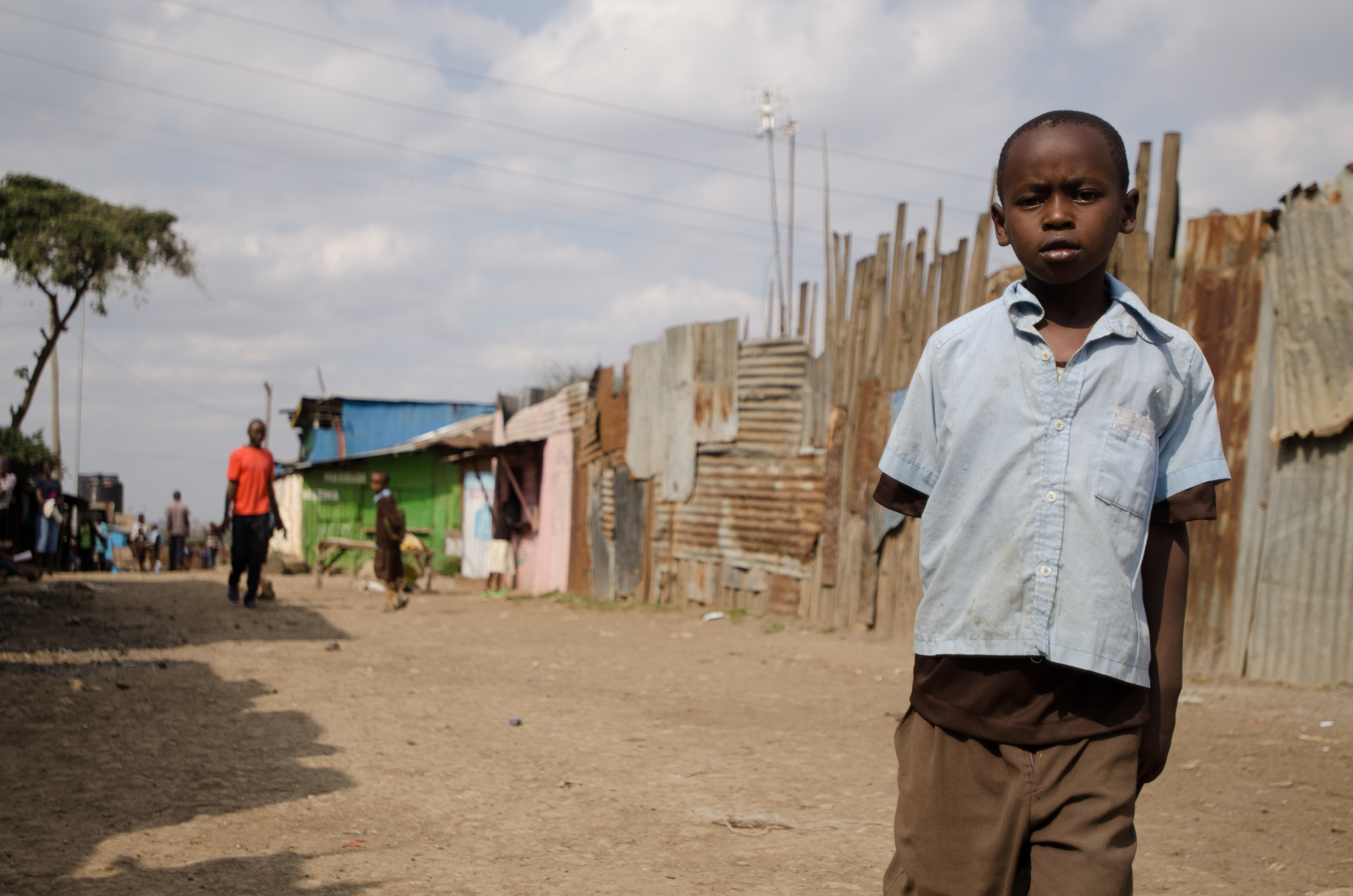
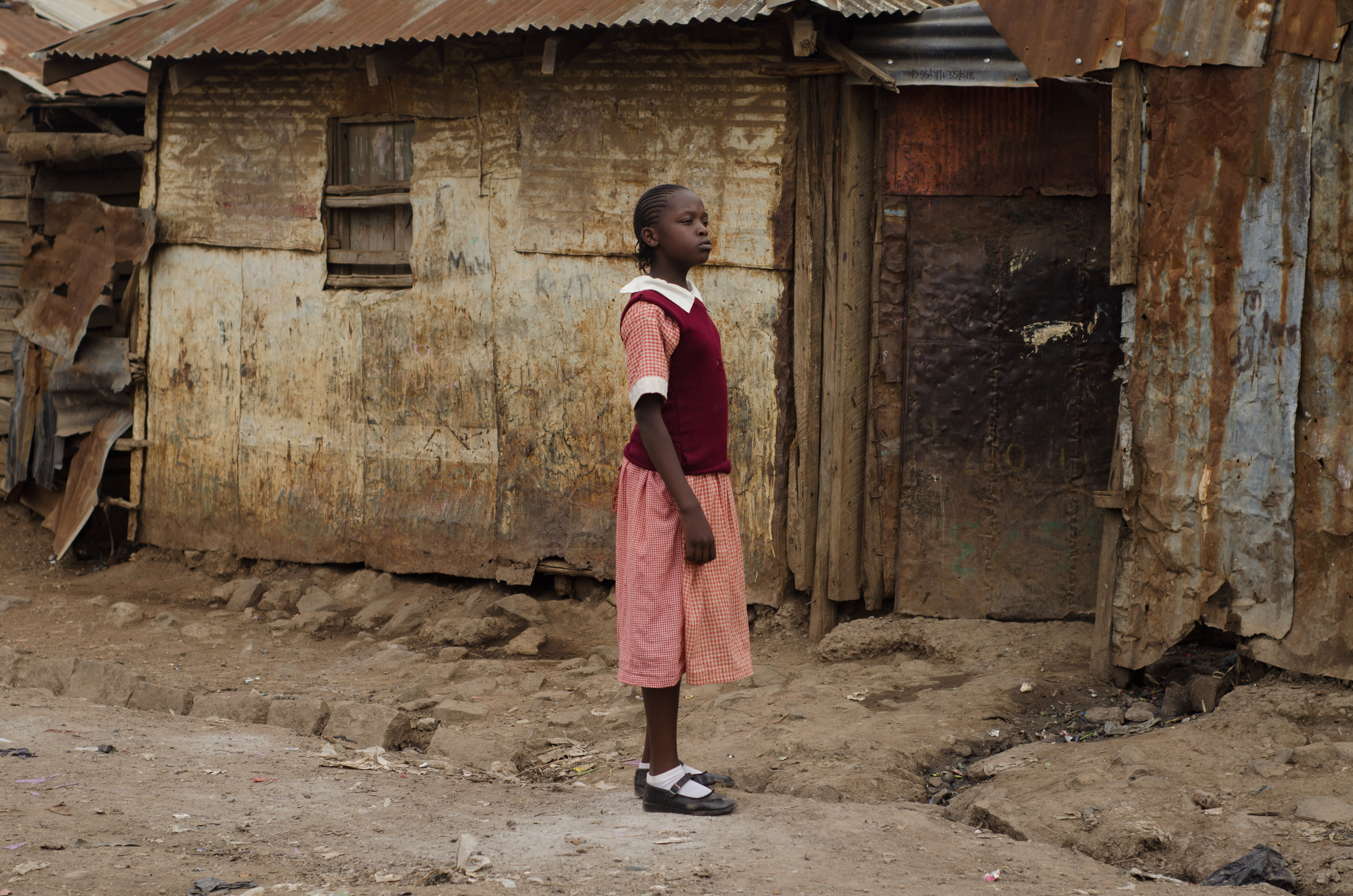
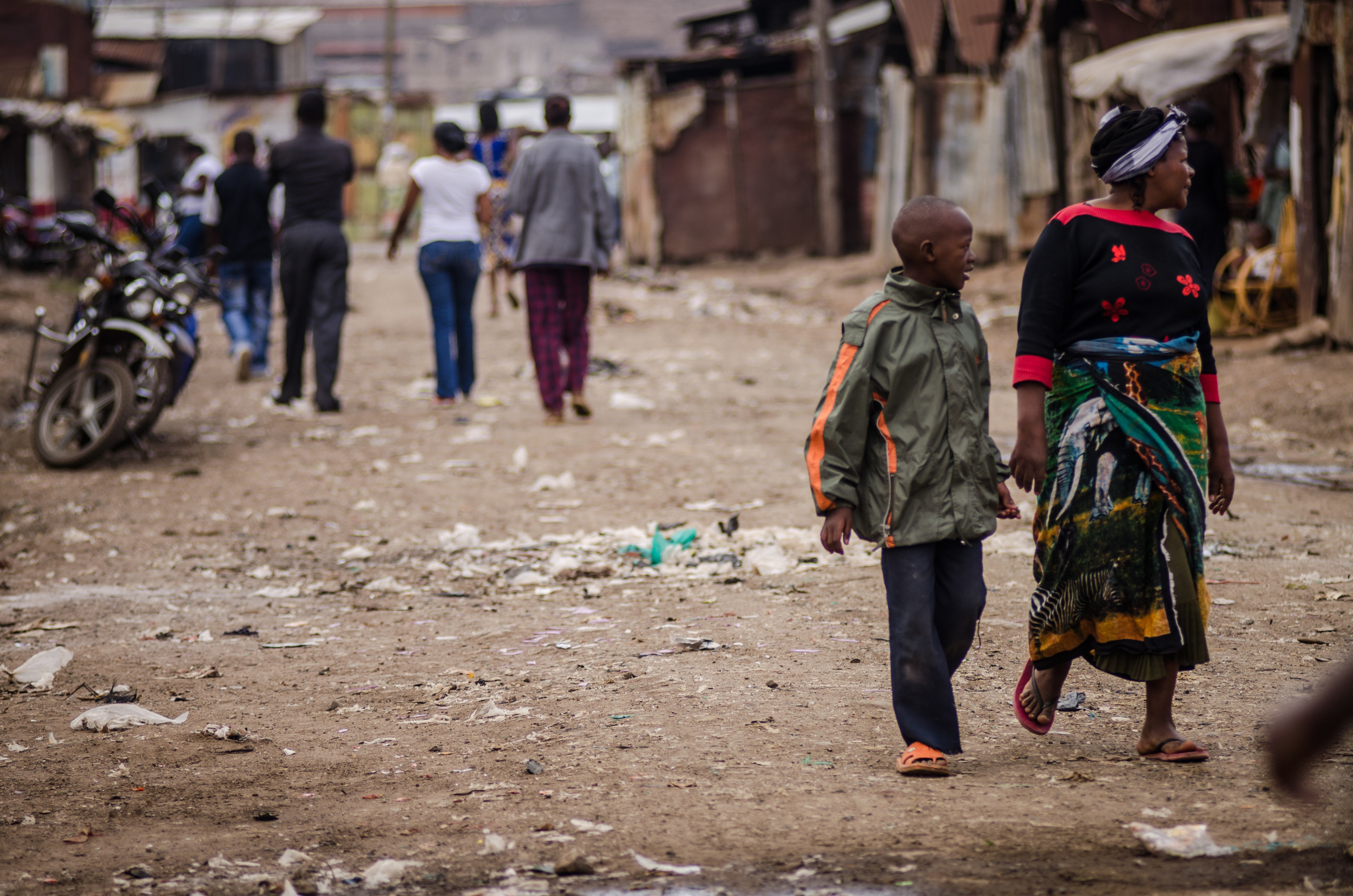
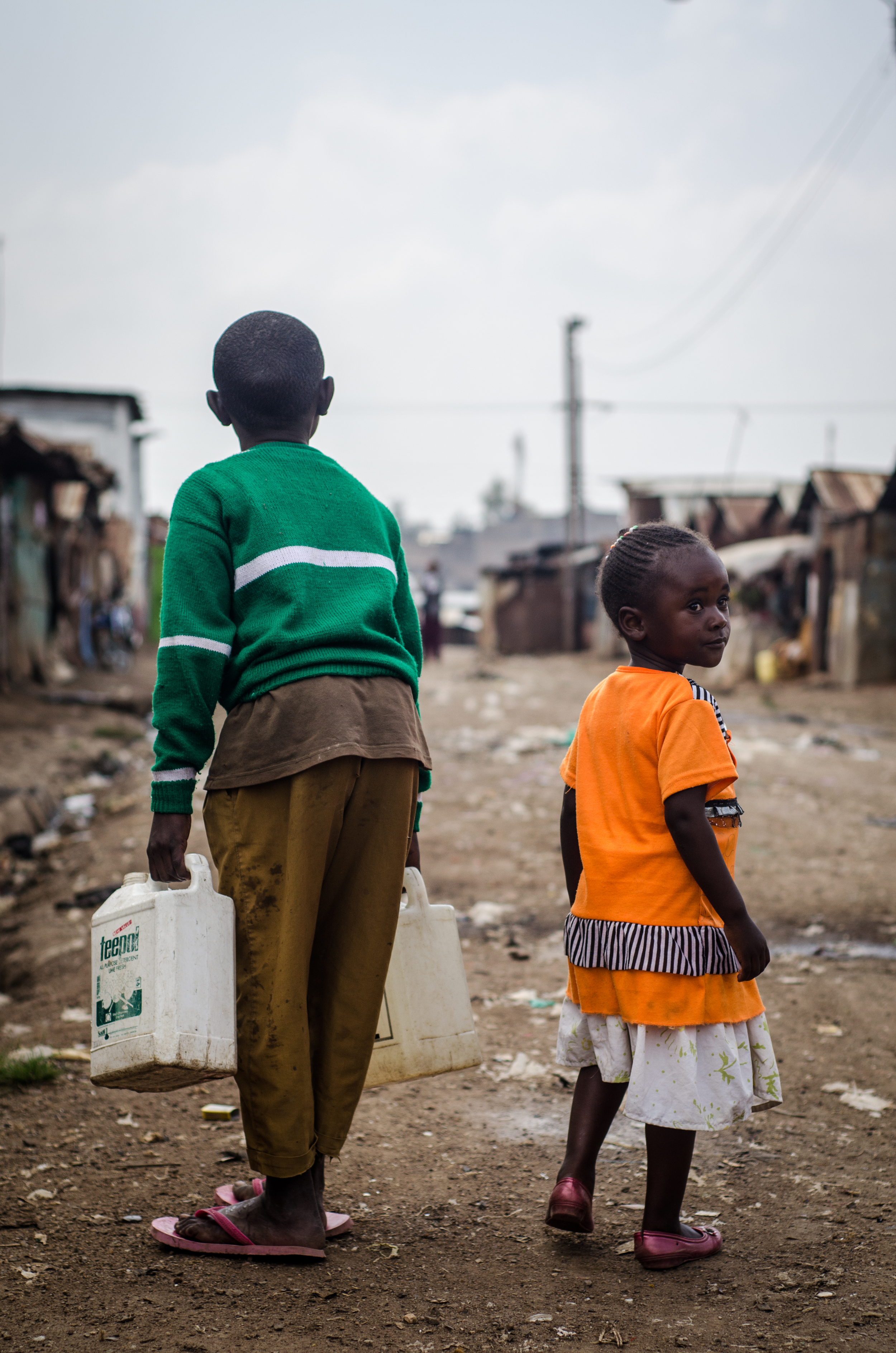
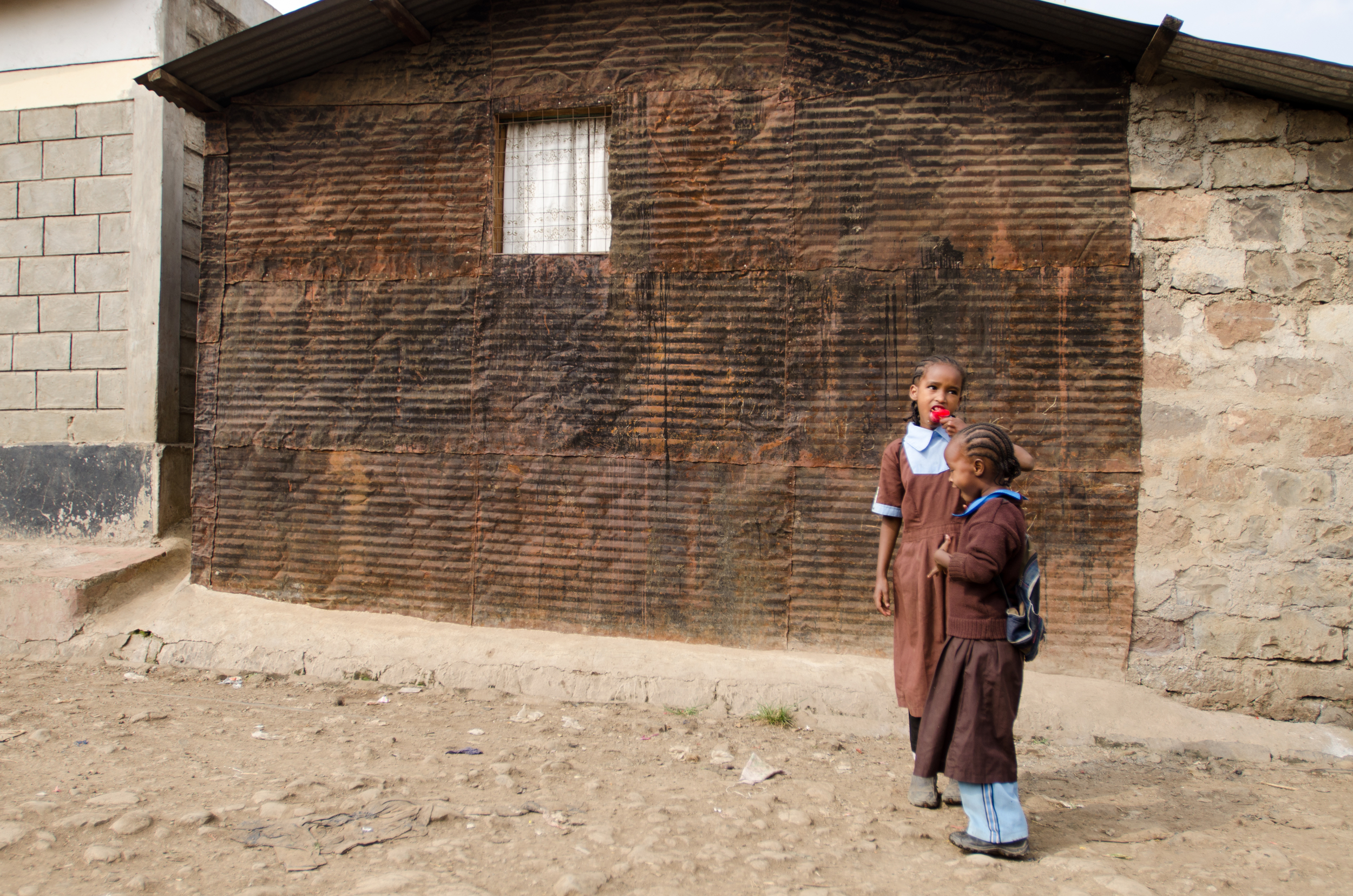
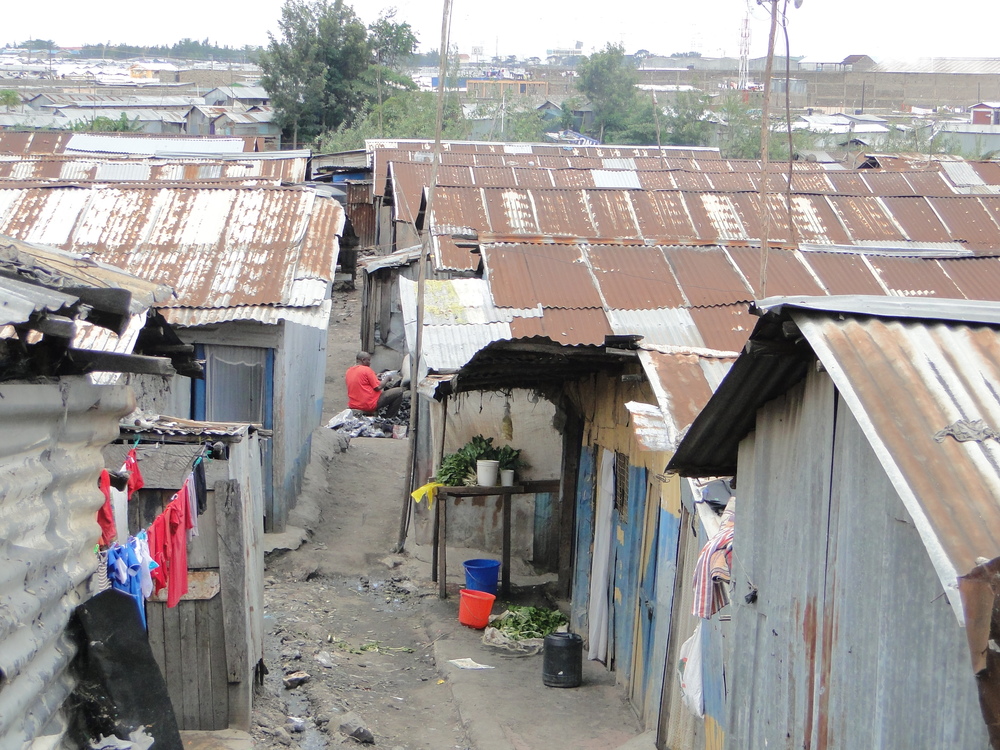
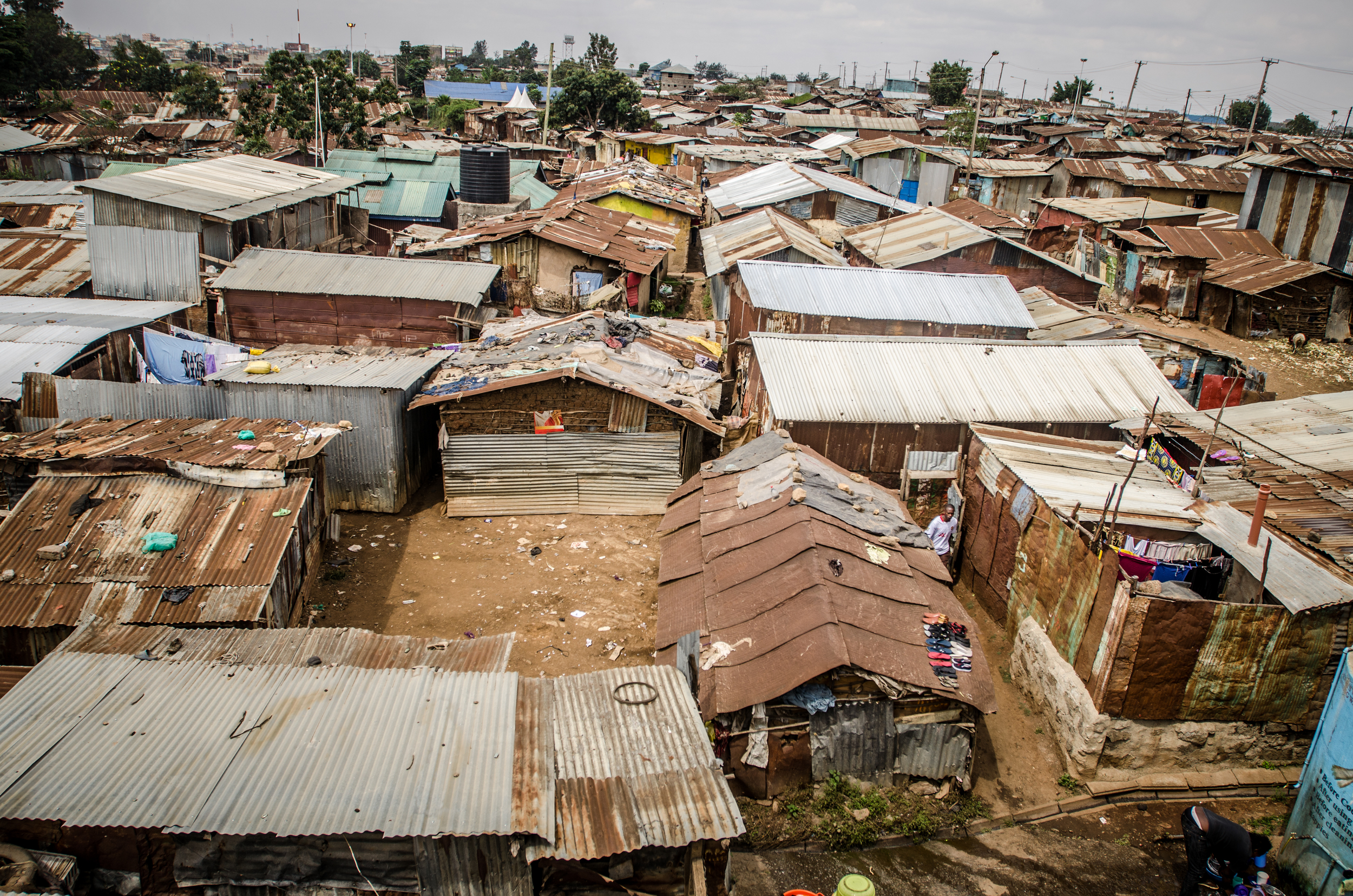
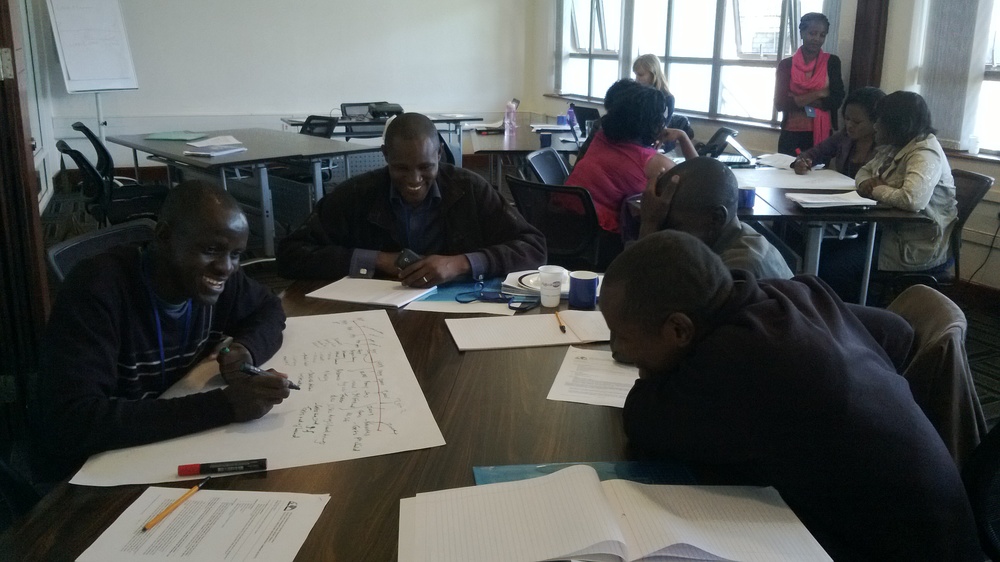
Research Team
Our collaborating partner in Nairobi is the African Population and Health Research Center.
Beatrice Maina, Principal Investigator
Beatrice Maina is a Research Officer with the African population and Health Research Center in Nairobi, Kenya. She has a Master of Arts in Population Studies and a Bachelor of Education (Mathematics and Economics). Her research interests are in family planning, sexual and reproductive health, and especially among the young people as well as maternal health. She is currently coordinating a project on financial resource flows for population activities in sub-Saharan Africa. The project has significant potential to contribute to important understandings of the complexities that characterize financial accessibility of family planning, reproductive health services and maternal and child health interventions.

